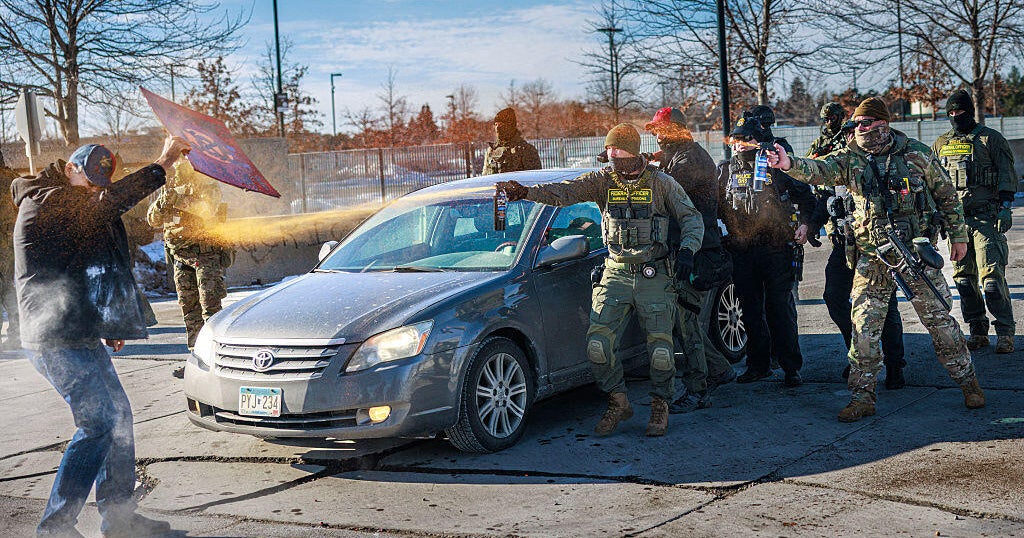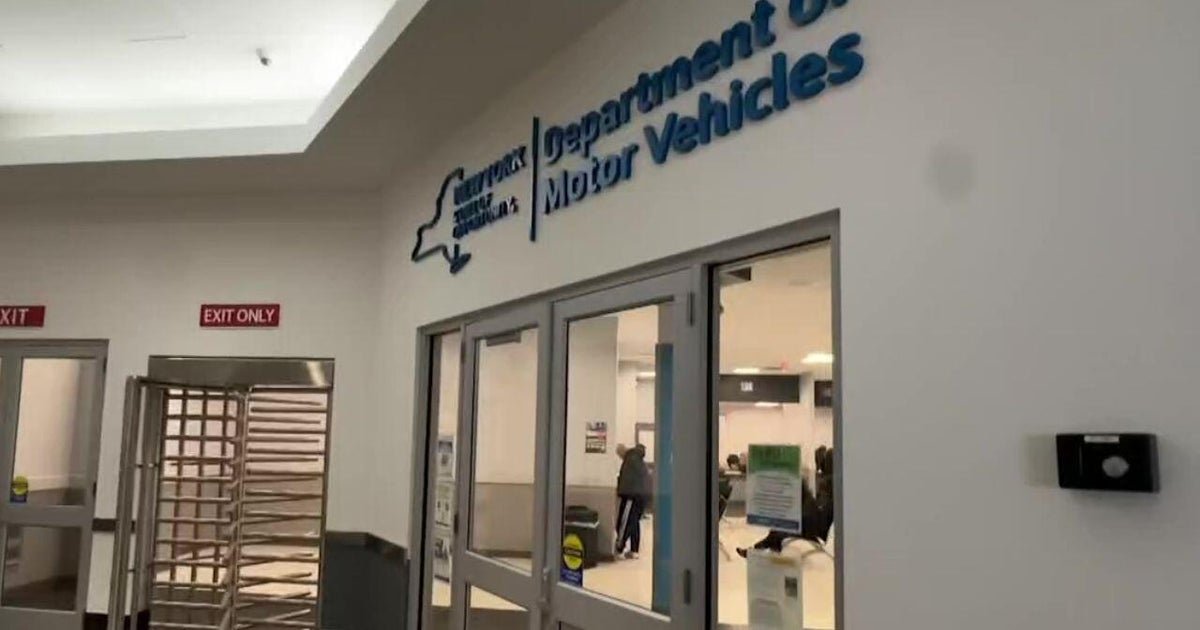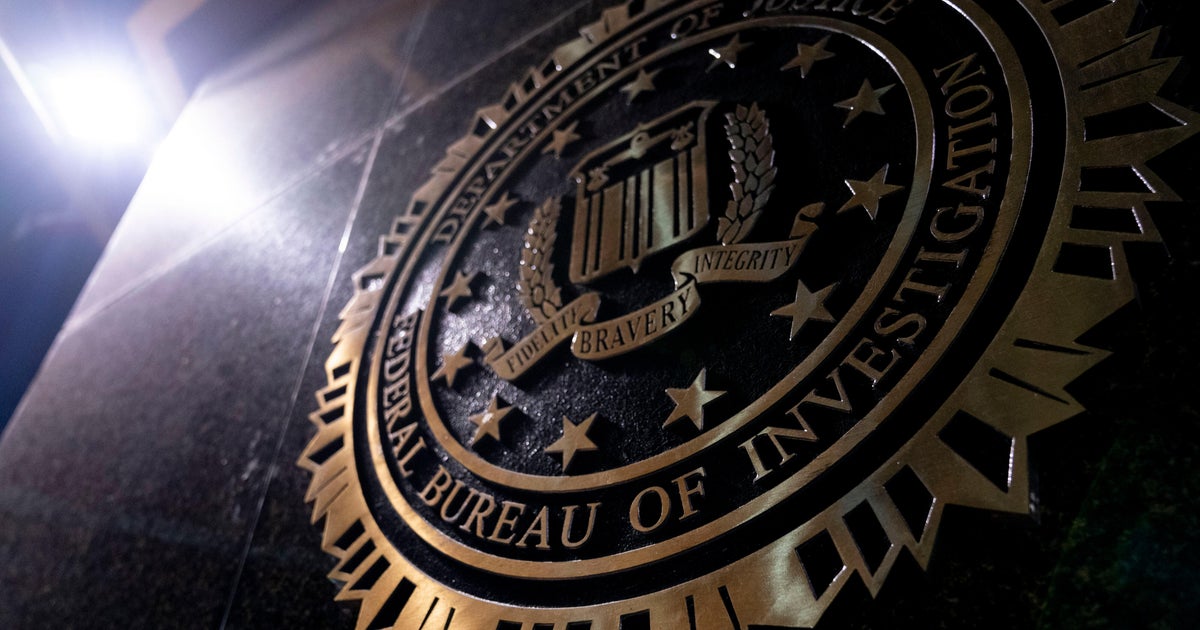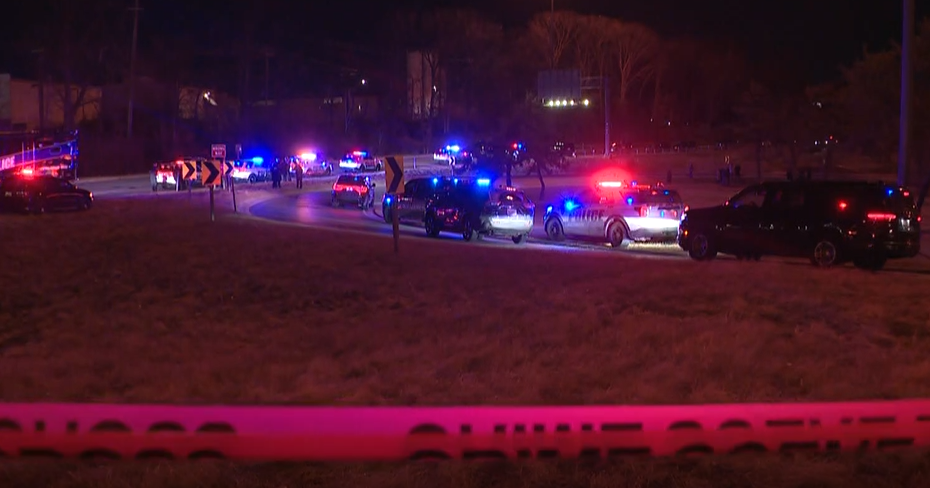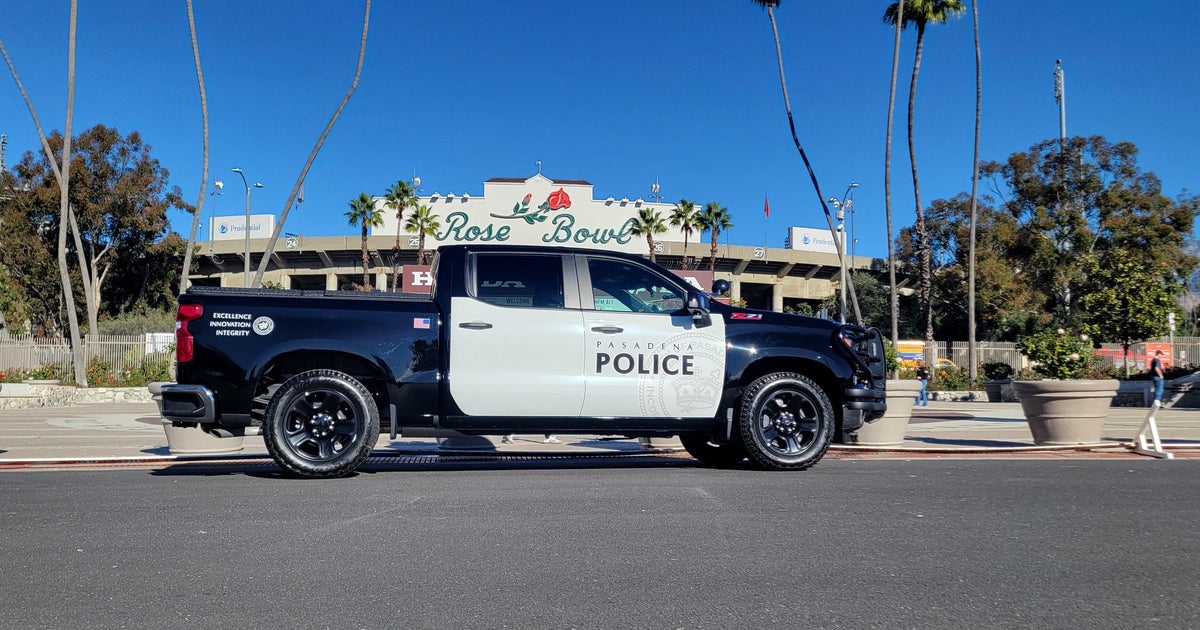Appeals Court Blocks Stop-And-Frisk Changes, Removes Judge From Case
NEW YORK (CBSNewYork/AP) -- A federal appeals court on Thursday blocked a judge's order requiring changes to the New York Police Department's stop-and-frisk program and removed the judge from the case.
The 2nd U.S. Circuit Court of Appeals said the decisions of Judge Shira Scheindlin will be stayed pending the outcome of an appeal by the city.
The judge had ruled in August the city's stop-and-frisk tactics were unconstitutional.
LINK: Read The Full Ruling (pdf)
The city appealed her findings and her remedial orders, including a decision to assign a monitor to help the police department changes its policy and training program associated with it.
Appeals Court Blocks Stop-And-Frisk Changes, Removes Judge From Case
Speaking to reporters Thursday, Police Commissioner Ray Kelly said he's pleased with the unanimous ruling.
"We look forward to the examination of this case a fair an impartial review of this case based on the merits," he said. "I think it's important for New Yorkers, important for the police department that this case be herd as expeditiously as possible."
He reiterated his stance that the NYPD has followed the Constitution in carrying out stops.
Scheindlin's ruling was "based on a scant amount of evidence, that only six percent of the cases examined by the expert were deemed to be, quote, possibly unjustified, and that the judge herself found 10 of the 19 stops in the case that the plaintiffs were engaged in to meet Constitutional muster," said Kelly. "So the evidence, in my judgment, simply isn't there."
As for the changes Scheindlin had ordered, the police commissioner said there had been no new orders given to the officers.
"We haven't changed our policy," said Kelly.
The appeals court heard arguments Tuesday on the requested stay.
"In short, the ruling of unconstitutional practices is no longer operative, and that question will now receive a fresh and independent look both by the appeals court and then, if necessary, by a different trial court judge," Michael Cardozo, the city's corporation counsel, said in a statement.
The appeals court said the judge needed to be removed from the case because she ran afoul of the code of conduct for U.S. judges by compromising the necessity for a judge to avoid the appearance of partiality in part because of a series of media interviews and public statements responding publicly to criticism of the court. In a footnote, it cited interviews with the New York Law Journal, The Associated Press and The New Yorker magazine.
In the AP interview, Scheindlin labeled as a "below-the-belt attack'' on judicial independence reports that Mayor Michael Bloomberg had reviewed her record to show that most of her 15 written "search and seizure'' rulings since she took the bench in 1994 had gone against law enforcement. She said it was "quite disgraceful'' if the mayor's office was behind the study.
Will Stop-And-Frisk Ruling Have Impact On Mayoral Election?
Scheindlin released a statement Thursday night saying that she did not specifically comment on the case in any of the interviews cited by the appeals court.
"Some of the reporters used quotes from written opinions in (the case) that gave the appearance that I had commented on the case," she said. "However, a careful reading of each interview will reveal that no such comments were made."
She also defended her decision to direct the plaintiffs to bring the case to her, saying she took the most recent case because it was related to a previous case she heard.
Scheindlin had ruled that police officers violated the civil rights of tens of thousands of people by wrongly targeting black and Hispanic men with its stop-and-frisk program. She appointed an outside monitor to oversee major changes, including reforms in policies, training and supervision, and she ordered a pilot program to test body-worn cameras in some precincts where most stops occur.
As a result of the ruling, stop-and-frisk can continue as the legal battle will continue in the courts. Residents reacted quickly.
"Well, it's something that I think is unconstitutional in the first place to stop someone based on assumptions," one New Yorker said.
Bloomberg and Kelly have staunchly defended the program and denied that the NYPD engaged in racial profiling.
The stop-and-frisk tactic has been criticized by a number of civil rights advocates.
The Center For Constitutional Rights, which brought the case against the city, released a statement Thursday saying it is concerned about the ruling.
"We are dismayed that the Court of Appeals saw fit to delay the long-overdue process to remedy the NYPD's unconstitutional stop-and-frisk practices, and we are shocked that they cast aspersions on the professional conduct of one of the most respected members of the federal judiciary and reassigned the case," the organization said. "The City carried out a whisper campaign against Judge Sheindlin but never once raised any legal claims of bias, even in its papers to the Court of Appeals. That, unprompted, they should reassign the case from a judge deeply steeped in the issues for the last 14 years, who gave the City every opportunity to defend itself in the course of this litigation, is troubling and unprecedented."
Following the ruling, the city's mayoral candidates spoke out but offered differing points of view on the issue, CBS 2's Jessica Schneider reported.
Public Advocate and Democratic mayoral nominee Bill de Blasio said he was disappointed by Thursday's developments.
"We shouldn't have to wait for reforms that both keep our communities safe and obey the Constitution," he said in a statement. "We have to end the overuse of stop and frisk -- and any delay only means a continued and unnecessary rift between our police and the people they protect."
The NAACP also condemned the appeals court's ruling.
"'Stop-and-frisk' policing is nothing less than the largest racial profiling program in the country, and Judge Scheindlin was right to rule it unconstitutional," NAACP President Benjamin Todd Jealous said. "No matter the outcome of this appeal, the people of New York City have already voted to reform the program despite the best efforts of Mayor Bloomberg. Legalized racial profiling has been discredited and will ultimately be relegated to the dustbin of history."
Meanwhile, Republican mayoral nominee Joe Lhota applaud the judges for issuing a stay and took a swipe at de Blasio, saying he was "naïve" for embracing the ruling.
"Bravo!" he said in a statement. "As I have said all along, Judge Scheindlin's biased conduct corrupted the case and her decision was not based on the facts. The ruling by the nation's second highest court was an unprecedented rejection of both the result of the case and the manner with which it was achieved. From Day One, I have stood with Mayor Bloomberg and Commissioner Kelly in support of these proactive policies that have saved countless lives. The court has vindicated our positions.
PBA President Patrick Lynch applauded the decision as well.
"We salute the judges who made this courageous decision to remove an obviously biased judge from this case and granted a stay. New York City police officers want to do their jobs well and properly," Lynch said.
The New York Civil Liberties Union vowed to fight the court's decision.
"There is overwhelming evidence that the stop-and-frisk regime is unconstitutional and out of control – just ask any black or brown New Yorker," NYCLU Executive Director Donna Lieberman said in a statement. "We expect the next mayoral administration to make reforming stop-and-frisk a top priority, and we are confident New York City will soon see a day when all New Yorkers' basic rights are protected and respected."
Baruch College political scientist Doug Muzzio told WCBS 880's Rich Lamb it is astounding that the appeals court disciplined the judge by removing her from the case.
"It certainly does undermine the argument that it was unconstitutional, even though the circuit didn't say that," he said. "By removing the judge, at least there's the implication that the substance of the decision was faulty as well as the process."
Stop-and-frisk, which has been criticized by civil rights advocates, has been around for decades, but recorded stops increased dramatically under Bloomberg's administration to an all-time high in 2011 of 684,330, mostly of black and Hispanic men. A lawsuit was filed in 2004 by four men, all minorities, and became a class action case.
About five million stops have been made in New York in the past decade, with frisks occurring about half the time. To make a stop, police must have reasonable suspicion that a crime is about to occur or has occurred, a standard lower than the probable cause needed to justify an arrest. Only about 10 percent of the stops result in arrests or summonses, and weapons are found about 2 percent of the time.
Supporters of changes to the NYPD's stop-and-frisk program say the changes will end unfair practices, will mold a more trusted police force and can affect how other police departments use the policy. Opponents say the changes will lower police morale but not crime.
The judge noted she wasn't putting an end to the stop-and-frisk practice, which is constitutional, but was reforming the way the NYPD implemented its stops.
You May Also Be Interested In These Stories
(TM and © Copyright 2013 CBS Radio Inc. and its relevant subsidiaries. CBS RADIO and EYE Logo TM and Copyright 2013 CBS Broadcasting Inc. Used under license. All Rights Reserved. This material may not be published, broadcast, rewritten, or redistributed. The Associated Press contributed to this report.)
